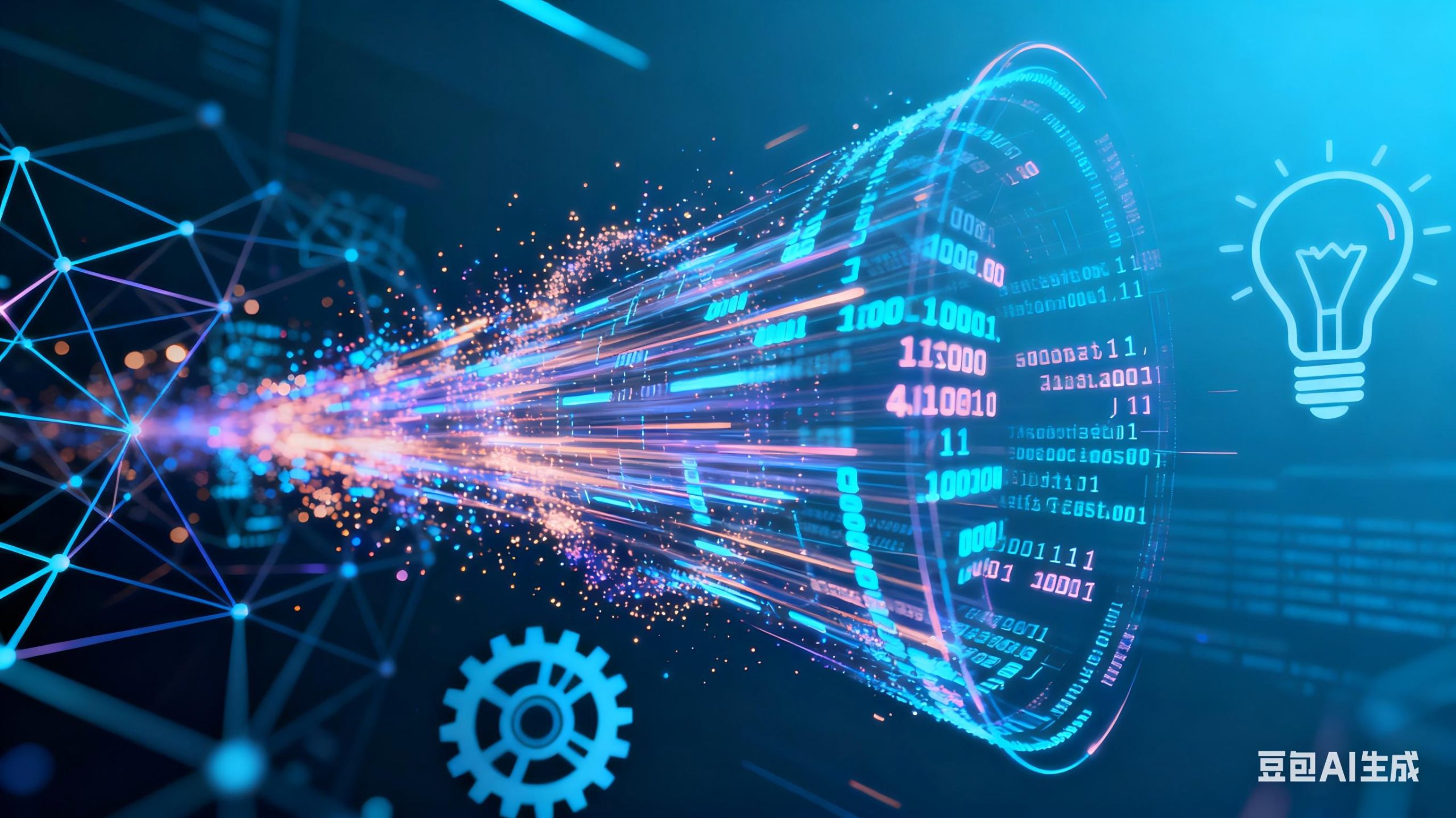Artificial Intelligence (AI) is no longer confined to labs—it’s revolutionizing industries, redefining creativity, and solving complex global challenges. From healthcare to climate modeling, AI’s ability to analyze data, learn patterns, and automate tasks is reshaping the future.
The Rise of AI: Key Milestones
- 1950s–1960s: Early concepts of machine learning and neural networks.
- 2010s: Deep learning breakthroughs (e.g., AlphaGo defeating human champions).
- 2020s: Generative AI (ChatGPT, DALL-E) and autonomous systems dominate headlines.
AI in Action: Real-World Applications
- Healthcare:
- AI diagnoses diseases like cancer from medical images with 95%+ accuracy.
- Drug discovery platforms (e.g., DeepMind’s AlphaFold) predict protein structures in days.
- Climate Science:
- AI models optimize renewable energy grids and predict extreme weather events.
- Creative Industries:
- Generative AI tools (MidJourney, Sora) produce art, music, and videos from text prompts.
- Autonomous Systems:
- Self-driving cars and drones navigate complex environments using real-time data.
Ethical Dilemmas & the Future of Work
- Bias & Fairness: AI trained on biased data may discriminate against marginalized groups.
- Job Displacement: Automation risks replacing roles in manufacturing, customer service, and even white-collar sectors.
- Accountability: Who is responsible when an AI makes a critical error?
Solutions in Progress:
- Regulation: Governments (EU AI Act, U.S. AI Bill of Rights) aim to set ethical standards.
- AI for Good: Initiatives like UNESCO’s AI ethics framework promote inclusive development.
Conclusion
AI is both a tool and a transformative force. While it amplifies human capabilities, its ethical implications demand careful governance. The future lies in responsible AI—systems that prioritize transparency, fairness, and societal benefit. As AI evolves, so must our strategies to harness its power for good.

Leave a Reply